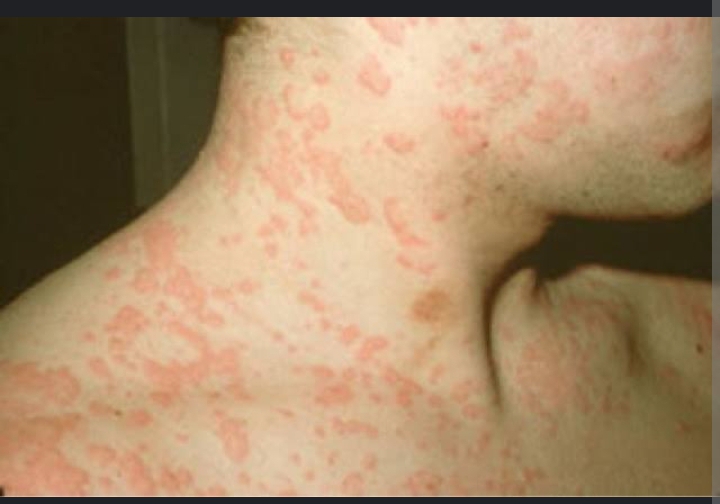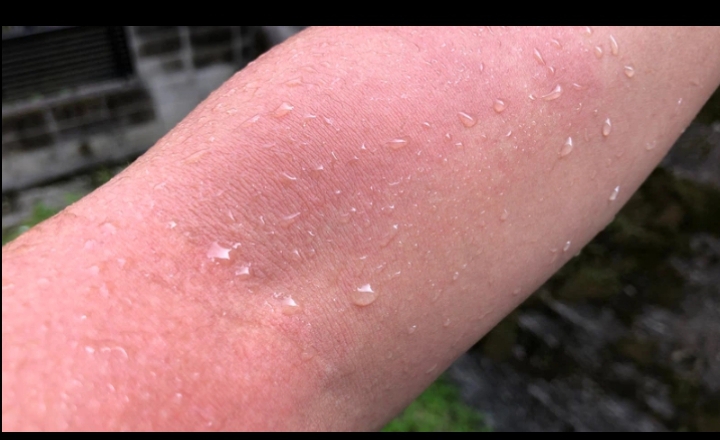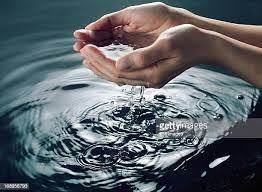Have you ever heard of someone being allergic to water? It sounds like a myth, right? But, believe it or not, water allergy is a real condition that affects a small percentage of the population. In this article, we’ll dive into the mystery of water allergy, exploring what it is, how it affects people, and what you can do to manage it.
What is Water Allergy?
Water allergy, also known as aquagenic urticaria, is a rare skin condition that causes an allergic reaction to water. Yes, you read that right – water When someone with water allergy comes into contact with water, their skin reacts by breaking out in hives, itching, and redness. It’s like their skin is saying, “Hey, I don’t like this water stuff!”
How Does Water Allergy Work?
So, how does water allergy work? Well, it’s all about the immune system. When someone with water allergy comes into contact with water, their immune system thinks that the water is a foreign substance and tries to fight it off. This leads to the release of histamine, a chemical that causes blood vessels to dilate and leads to the symptoms we mentioned earlier – hives, itching, and redness.
Symptoms of Water Allergy
So, what are the symptoms of water allergy? Well, they can vary from person to person, but some common symptoms include:
Hives: Red, itchy, and swollen patches on the skin.

Itching: Intense itching, especially after exposure to water.
Redness: Redness and inflammation of the skin.

Swelling: Swelling of the skin, especially around the eyes and mouth.
Burning sensation: A burning sensation on the skin, especially after exposure to water.
Causes of Water Allergy
So, what causes water allergy? Well, it’s not entirely clear, but some theories include:
Genetic predisposition: Some people may be more prone to water allergy due to their genetic makeup.
Environmental factors: Exposure to certain chemicals or pollutants in water may trigger an allergic reaction.
Hormonal changes: Hormonal changes, such as those experienced during pregnancy or menopause, may also contribute to water allergy.
Diagnosing Water Allergy
So, how is water allergy diagnosed? Well, it’s usually done through a combination of physical examination, medical history, and skin testing. Your doctor may also perform a patch test, where a small amount of water is applied to your skin to see if you react.
Managing Water Allergy
So, how can you manage water allergy? There are several ways to do so:
Avoiding water: The most obvious way to manage water allergy is to avoid water any way you can. This can be challenging, especially if you need to shower or bathe regularly.
Using gentle cleansers: Using gentle cleansers that are free of harsh chemicals can help reduce the risk of an allergic reaction.
Applying topical creams: Applying topical creams or ointments that contain anti-inflammatory ingredients can help soothe the skin and reduce itching.
Taking antihistamines: Taking antihistamines can help relieve itching and reduce the risk of an allergic reaction.
Water allergy may seem like a rare and unusual condition, but it’s a real issue that affects many people. By understanding what water allergy is, how it works, and how to manage it, you can take steps to reduce your symptoms and improve your quality of life. Remember, it’s always a good idea to consult with a healthcare professional if you suspect you have water allergy or any other skin condition.



We should be mindful of the things we take
Health is wealth
priligy 60 mg price Marchini M, Dorta M, Bombelli F et al
priligy 60 mg price Erin PKzuggFexbjVmj 6 20 2022